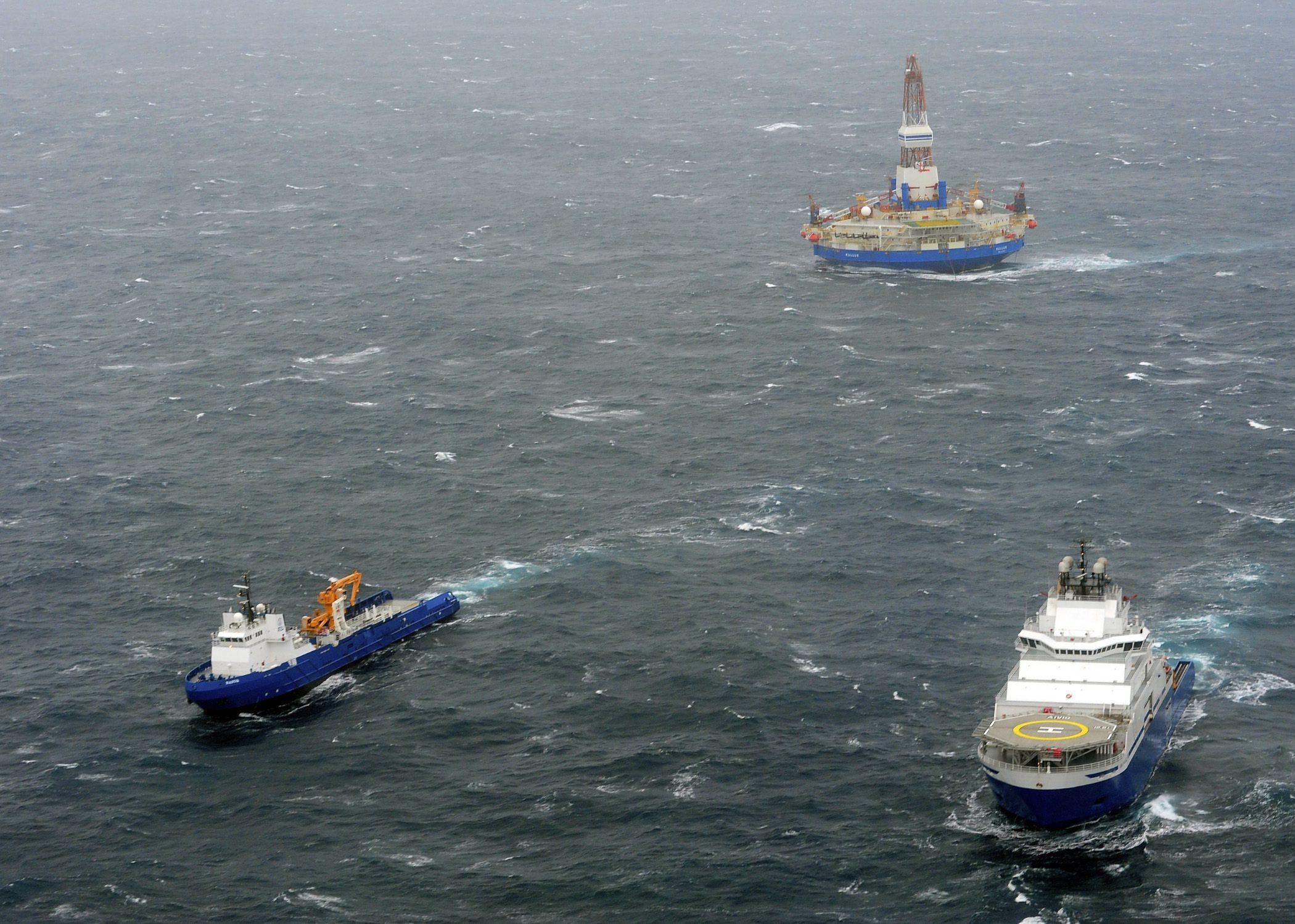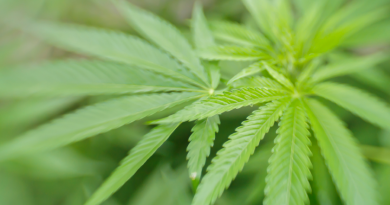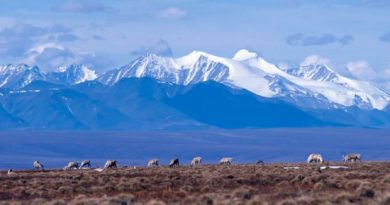Obama, oil drilling and injustice in Canada’s North: Arctic Week in Review

On this week’s news round-up, we bring you some of your most read stories on Eye on the Arctic this week.
From Obama to ANWR to Arctic drilling, news from Alaska dominated many headlines this week:
– Shell announces it intends to restart drilling in Arctic Alaska this summer, at the same time that ConocoPhillips announces it will be scaling back operations
-President Obama’s move to increase protection of the Arctic National Wildlife Refuge ignited praise from environmental groups and condemnation from some politicians and Inupiat communities
-And in the European Arctic, fierce reaction to photos of Russian submariners feeding polar bears with garbage

In Canada, the Quebec Bar Association has issued a scathing report on the state of justice in the province’s remote northern aboriginal communities.
Eye on the Arctic’s Eilís Quinn speaks with Bernard Synnott, president of the Quebec Bar Association about the language issues, cultural misunderstandings and infrastructure struggles he’s witnessed first-hand, and what’s at stake if governments don’t do something to fix it:
That’s all from us this week. We’ll be back on Monday with more stories and newsmakers from across the North!
Write to Eilís Quinn at eilis.quinn(at)cbc.ca



